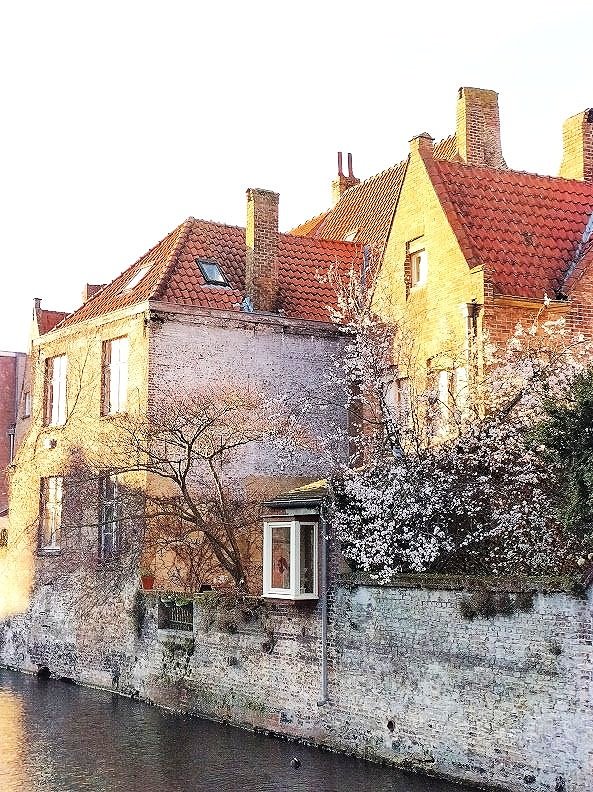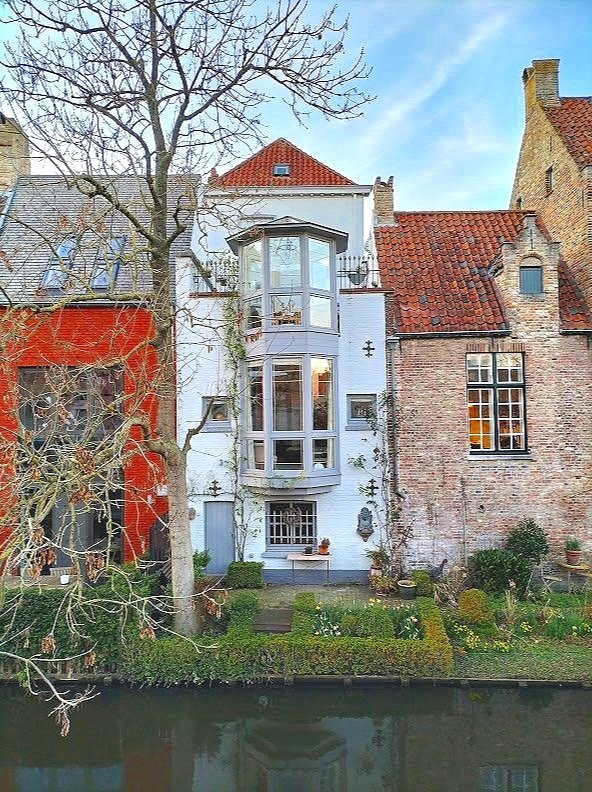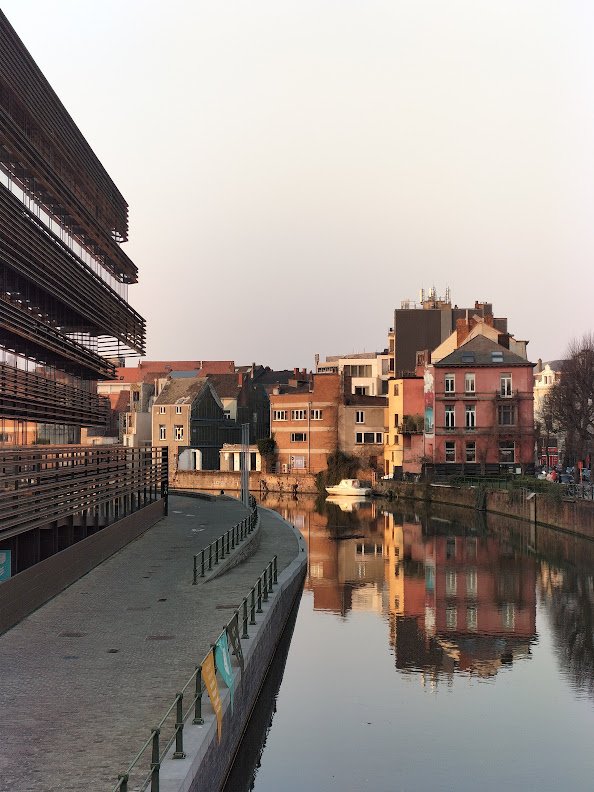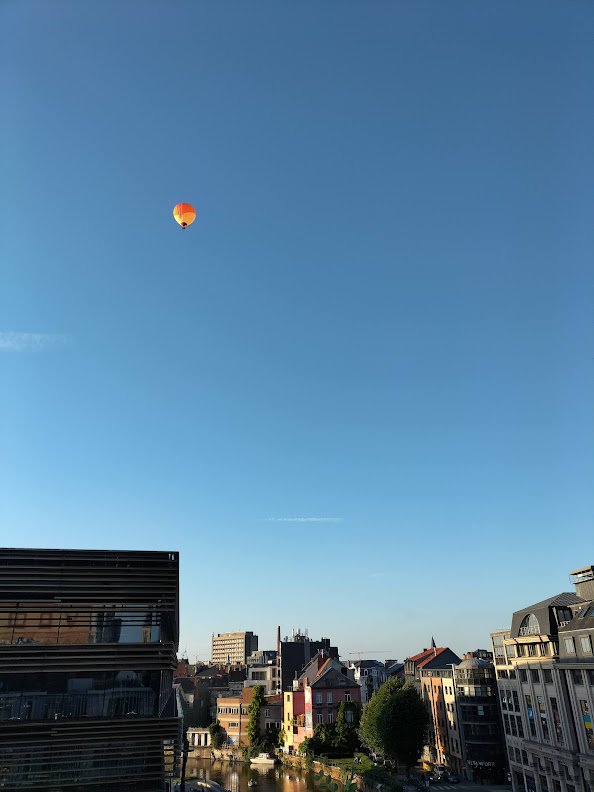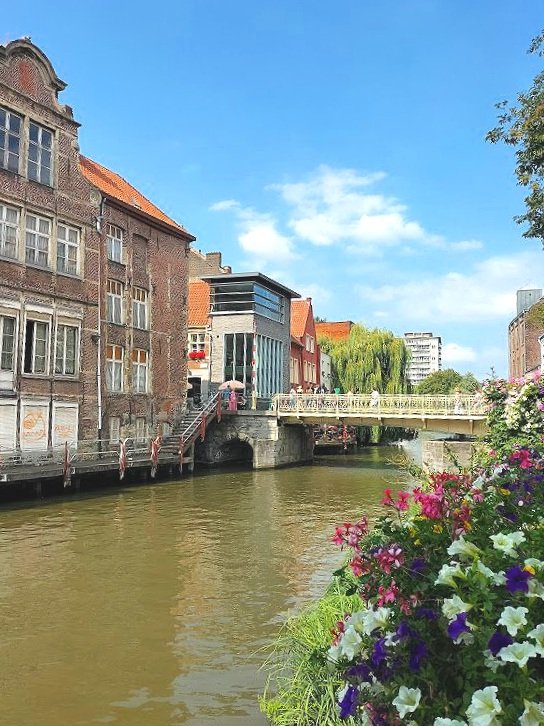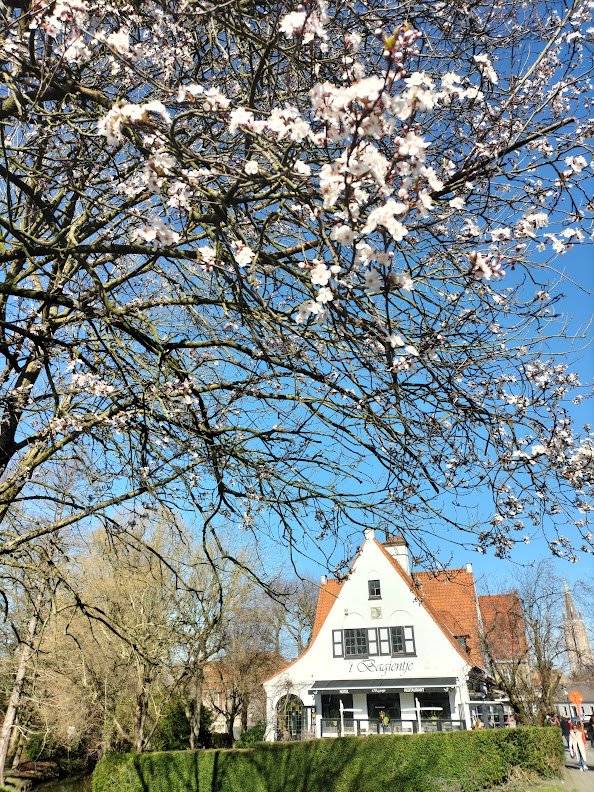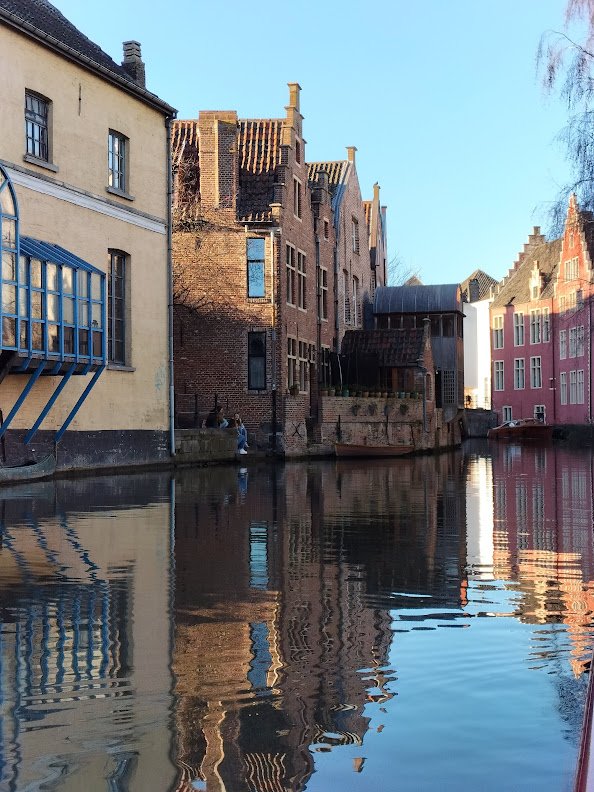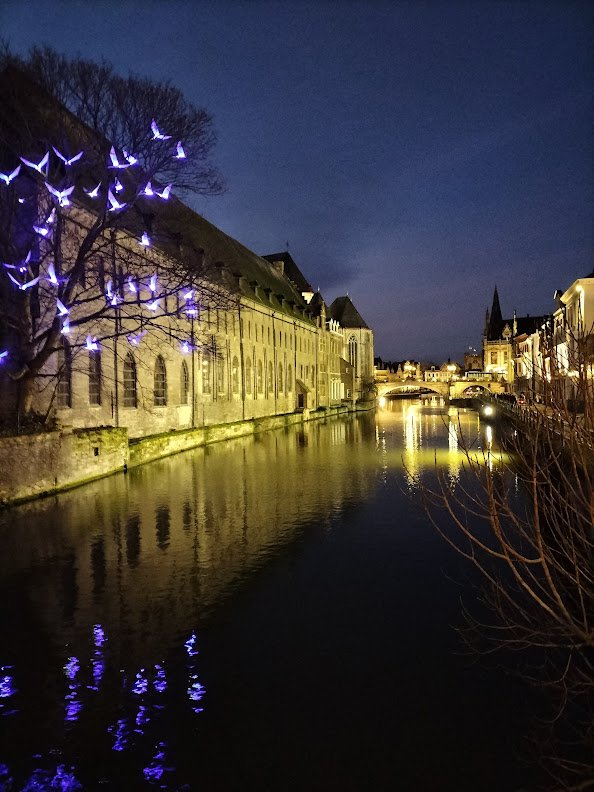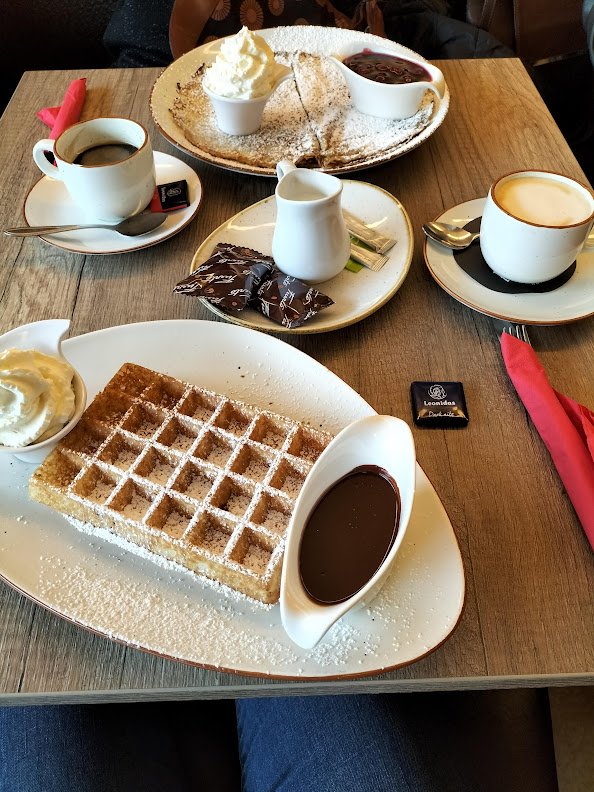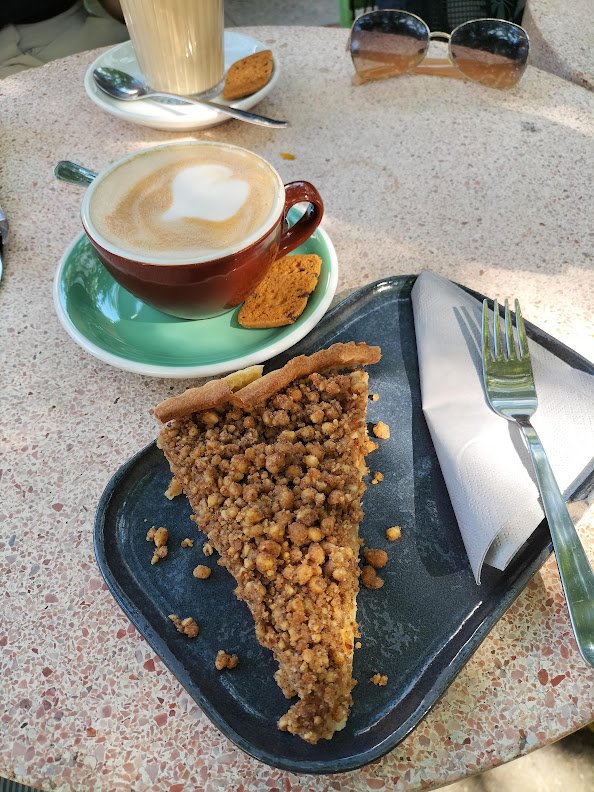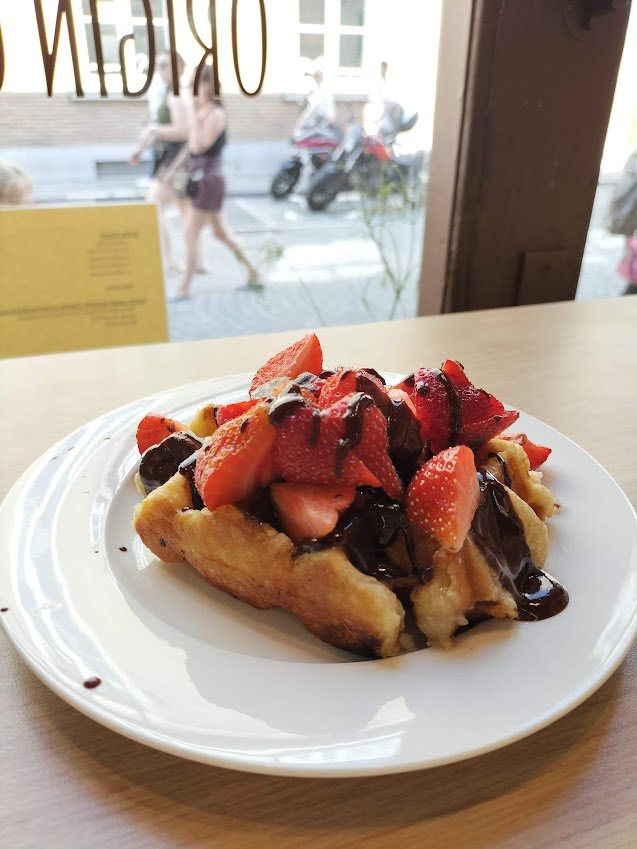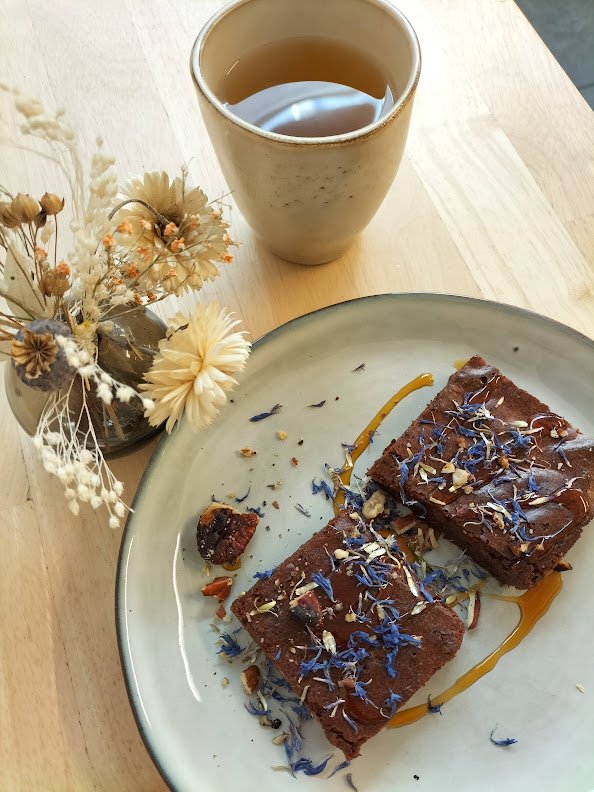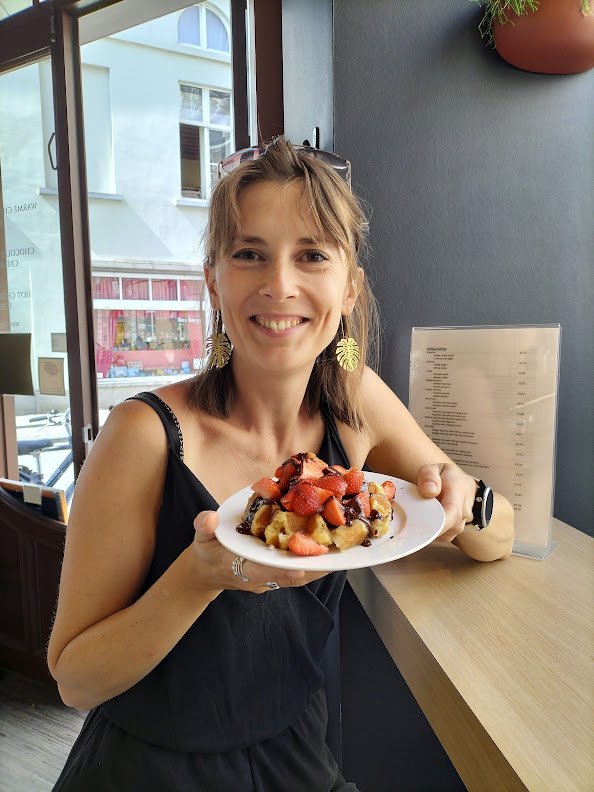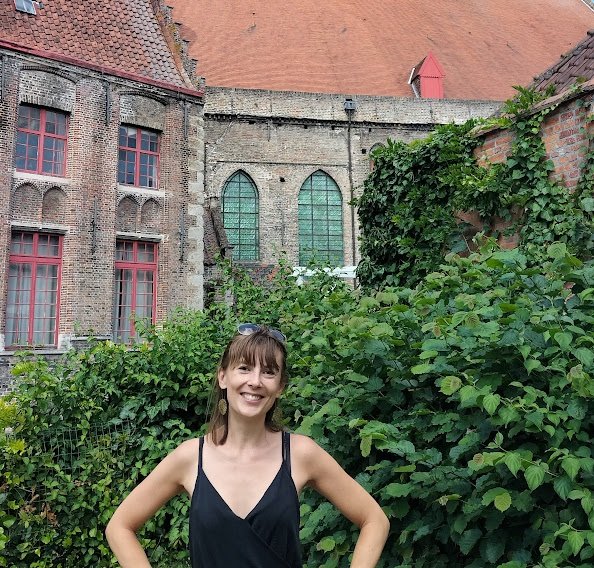I have long nursed a deep love for Charlotte Brontë’s 1853 novel Villette. It is a love made stronger by the fact that it is rarely shared. My friend and colleague Matt, upon hearing that I had decided to put Villette on my Victorian literature syllabus, responded with a derisive snort and expressed his sympathy for my poor students. Those poor students went on to prove him right, bursting into violent critique at the beginning of the seminar when I asked, as I always do, for their general thoughts on this week’s reading. They argued hotly for its tedium, its highly unlikeable narrator, its excessive length. Voices were raised. Passionate gesticulation occurred. I was thrilled.
Villette is a novel in which, depending on your point of view, absolutely nothing happens – or the nonsensical, tangled everything of an entire life happens, in minute, excruciating detail. It is narrated by the enigmatic Lucy Snowe, one of literature’s greatest unreliable narrators. An evasive tease, she will unabashedly inform you, halfway through the novel, that she has been keeping a secret from you since Chapter Three. She is – both by her own admission, and according to Brontë’s cast of supporting characters – plain, uninteresting, and content to hide in the shadows. She tells us that she ‘value[s] vision, and dread[s] being struck stone blind’, a particularly pertinent remark for a character constantly analysing and interpreting the social language around her. A somewhat Puritan bastion of resistance amidst the lascivious Catholicism of continental Europe, Lucy resolutely denies herself that which must bring her joy – down to her coffee and sweet breakfast rolls, which she regularly gives away to the beautiful and coquettish Ginevra Fanshawe, who needs them to sustain her appetite for constant flirtation.
Instead, Lucy vacillates between moments of intense stagnation and wild, delirious yearnings for motion and change. On resolving to remain housebound to care for the ageing Miss Marchmont, she tells us that ‘two hot, close rooms thus became my world’. Lucy is ‘almost content to forget’ that ‘there were fields, woods, rivers, seas, an ever-changing sky outside the steam-dimmed lattice of this sick-chamber’. She is ‘tame and still by habit, disciplined by destiny’, her appetite small enough to be sated by the ‘tiny messes served for the invalid’. Yet after a violent storm during which the lady dies, Lucy is given renewed strength by the sight of the Aurora Borealis in the sky. ‘Leave this wilderness’, it seems to say to her, ‘and go out hence.’
The journey takes her to London, and then to Belgium, where she becomes an English teacher at a boarding school run by the formidable Madame Beck. A quiet introvert, Lucy delights instead in telling the stories of those around her, finding comfort and sustenance in the simplicity of the daily routine. The novel is Brontë’s most autobiographical, drawing on the time she spent in Brussels as a teacher and her unrequited love for schoolmaster Constantin Heger. It paints Belgium in a somewhat unflattering light – indeed, the novel’s very title is a joke, referring to the capital city as a ‘little town’ (Belgium itself becomes Labassecour, ‘the farmyard’).
Despite its perhaps unpromising context, the story has always spoken to me. I find something of myself in the infuriating Lucy: her introversion, her love of simplicity and routine, and her emphasis on extreme self-reliance, to the point of isolation. Like Lucy, I too waver between intense hedonistic longings to roam, and a deep-seated ache for stability. Travelling abroad on a whim, she takes the opportunity to reinvent herself, fading into a blank canvas upon which others can paint their fancies, furies, and desires. She is sensible to the point of stubbornness, refusing to let herself succumb to another’s orbit: far safer to remain beholden only to herself. Having fallen in (requited) love with fellow teacher Monsieur Paul, she tells us that the three years he is away on a voyage were the ‘happiest of her life’. As someone whose favourite part of a social event is returning home to quiet solitude, or who enjoys cohabitation most when my co-inhabitant is elsewhere, I can relate.
Villette features possibly my all-time favourite line in all of literature: ‘Happiness is not a potato’. Out of context, this phrase is simply excellent. Put into context, it becomes exquisite. Having been advised to ‘cultivate’ happiness by Doctor John – for whom she nurses a painful, unrequited passion – Lucy talks to herself in exasperation:
“No mockery in this world ever sounds to me so hollow as that of being told to cultivate happiness. What does such advice mean? Happiness is not a potato, to be planted in mould, and tilled with manure. Happiness is a glory shining far down upon us out of Heaven. She is a divine dew which the soul, on certain of its summer mornings, feels dropping upon it from the amaranth bloom and golden fruitage of Paradise.”
In February this year, on part of a wider mission to cultivate happiness, I too moved to Belgium. I packed my life, precariously and badly tessellated, into the back of a transit van. I wrapped a hundred and twenty houseplants in fleece, nestling hot water bottles in amongst their mummified silhouettes to keep them warm on the journey – a journey for which they had even been given their own passports, in accordance with EU law. I de-assembled my Ikea furniture for what felt like the fiftieth time in my life, not even needing a manual – just the muscle memory of a nomad. I slipped on chunks of ice on the Oslo road as I hauled box after box into the back of the van, once again cursing myself for owning so many books, glass jars and kitchen equipment. I felt the strangely hollow pleasure of watching the sunrise for the last time from the window of my Norwegian apartment. It was spectacular, with streaks of purple and fuschia. Perhaps it knew.
I had imagined this moment for some time. Ever since moving to Oslo in 2018, I had fantasised about the day I would leave – lamenting the fact that there would be no American-style signage next to which I could pose for an ecstatic selfie: ‘You are now leaving OSLO. Please drive safely!’ As anyone who ever dared to ask me about life in Norway knows, the country was not for me. I enjoyed brief moments of joy – at the top of a mountain under the midnight sun; cross-country skiing on fresh powder through a silent forest; launching myself from the sauna into the semi-frozen fjord in January – but a combination of winter darkness, a job I hated, exorbitant prices, a culture of complacency and a dearth of good food sent me into long periods of depression. I felt a constant nagging sense that my life was slipping out of my control into stagnant monotony; that I was a pale shadow of the person I once was, and that she might cease to exist altogether if left long enough in this pallid wasteland. Like Lucy Snowe, I had to leave this wilderness, and go out hence.
I remember vividly my first week in Belgium, where I existed in a strange haze of exhaustion, alienation and relief. On my first night, as I fell asleep in my new bedroom on a mattress on the floor, I was struck by a pertinent sense that this was, finally, home. Long, tiring days of endless box-moving, unpacking and rearranging were punctuated with trips to the local supermarket, a treasure trove of reasonably-priced cheese and wine (wine that could be purchased in any shop, at any time of day, without the need for a trip to the state-owned monopoly during its erratic opening hours). I subsisted off baguettes and butter for at least three days, since all the equipment needed to make an actual meal lay at the bottom of a box, somewhere. I then feasted on balls of goat’s burrata, exquisite French-style pastries from newly-discovered bakeries, and waffles. There were no charming coquettes around to whom I could donate my breakfast rolls and coffee, so I ate them myself. It was more than just food I was enjoying: it was the sweet, sweet taste of hard-earned stability.
As any academic will know, the precarity of the job wears you down in pernicious ways. Never being able to throw away moving boxes, because you know you’ll need them again soon – for where, which country, you have no idea. A compulsive fear of buying too much stuff, particularly heavy or bulky things (hello, Kilner jar collection) that will be a pain to sequester into said moving boxes in the foreseeable future. An inability to commit to long-term projects, hobbies, clubs, or pets, because you don’t know where you’ll be in a year or two. For me, it even went so far as becoming a pathological fear of having too much food in my fridge, freezer and cupboards, in case I wouldn’t be able to finish it all before my next move inevitably came.
It is perhaps no surprise then that, faced with stability for the first time since embarking on an academic career, I began to lay foundations in food. No longer daunted by the inevitable prospect of having to pack my life into boxes at some point in the future, my food projects started to colonise the seemingly boundless time and space that had been granted to me. I set aside a spacious nook next to my kitchen for a walk-in larder, lining it with cheap Ikea shelves that my father had to kick and warp to get straight. I (re)assembled a set of bookshelves that have now travelled with me across three countries and five different apartments, dedicating them solely to my cookbook collection – a collection I no longer felt a guilty compulsion to streamline. I rifled through my enormous stash of food-themed prints and pictures, sticking them to the wall with expensive damage-free Velcro strips – which I could justify, knowing I wouldn’t have to rip them down a year later. I up-cycled an ugly shelving unit into a beautiful, 1920s-themed bar cart in grey, gold and dusky pink, loading it with bottles of spirits that I could acquire for affordable prices. For someone who doesn’t really drink, I have a veritable encyclopaedia of weird and wonderful distillations and concoctions (fancy a watermelon raki mojito? A pomegranate liqueur gin fizz? A yuzucello and vodka? I’m your girl!)
I set up a shelf for fermentation, filling it with jars of tangled sauerkraut, brick-red kimchi and a vat of gelatinous, golden kombucha. (One thing was conspicuously absent: yoghurt. No longer priced at €6 a tub, I could go back to buying it rather than making my own – a relief, as I still remember the failed batches that were either fizzy or curdled). I felt a curious affinity with these fermenting foods; plain, unassuming, quietly undergoing a magical transformation at their own sweet pace: rather like Lucy Snowe and myself, as we found ourselves both blank slates in Belgium. No longer hyper-aware of how jarred goods are possibly the most irritating cargo during a house move, I stocked the fridge and larder with condiments, preserved lemons, olives, and five different types of mustard. I dedicated an entire shelf of the kitchen cupboard to my honey collection. I bought the fancy apricot and peach vinegar from the gorgeous olive oil shop in the centre of town, even though I already own at least ten other exotic types of vinegar. I got gadgets: a pressure cooker, a slow cooker, a salad spinner, joyfully allotting them space in cupboards I no longer had to share. I bought a second freezer to accommodate my love of homemade gelato and highly seasonal berries, free from the anxiety that had plagued me during my entire time in Oslo: don’t fill the freezer too full; you’ll need to eat everything in it before you move. I found secret spots to pick elderflower and wild garlic, when the seasons came – and preserved them in various concoctions that I stashed in my new freezer. Forget where the heart is: home for me is where you have your own secret elderflower foraging spot.
On top of all this – literally - I built a roof garden. The spacious concrete terrace that tops my apartment was bare when I arrived, but it didn’t take long to fill it with raised beds, grow bags and pots, and then to start planting seeds saved from my last harvest in Oslo. Only this time, I wasn’t faced with the inevitable prospect of having to clear hundreds of litres of compost from a balcony once I moved out (a prospect whose reality turned out to be even more onerous than I had possibly imagined, given that said compost was frozen in a solid block to the ground at the time – a hairdryer, buckets of boiling water and a broken shovel later, it was finally loosed through brute strength and a better shovel). I carried a thousand litres of compost back from the shops, a bag at a time, on my bike. It became home to a dizzying array of unusual herbs (mandarin sage, ginger mint, orange thyme, rose geranium), enough tomatoes to keep a pizzeria in business for at least a week, a tomatillo forest that would be the envy of Mexico, and a jungle of leafy greens that made my anaemic heart sing. I still remember the morning I saw my first bee, taking refuge in the floral oasis I had created in the middle of a landscape dominated by concrete and asphalt. I knelt down and welcomed him.
As I put down roots, I put down roots. I found the people warm, welcoming and easy-going – a far cry from the mendacious, arrogant Labassecouriens depicted by Brontë in Villette. No one made passive aggressive remarks to me in the street about using the recycling bins incorrectly. Strangers wished me welcome when they found out that I’d just moved, or helped me, unprompted, with heavy luggage on trams and trains. A group of skateboarding youths, smoking and drinking under my bedroom window at night, apologised profusely and wished me a good evening when I asked if they’d mind moving on. A motorcyclist who nearly hit me after taking a corner on my side of the road circled back round to apologise. An elderly lady offered to help when she saw me struggling to put my brand-new compost tumbler onto my bike to get it home. Having fainted during a doctor’s appointment, I was promptly offered a chocolate waffle from the staff supply by the kindly doctor. Strangers in shops offered unsolicited but highly appreciated recommendations for local cafes and restaurants.
I moved into my palatial office at the university, spending hours arranging my books in alphabetical order and hanging up outlandish tropical print wallpaper (they will rue the day they said no to a simple blue feature wall, but yes to ‘wall stickers’, a term I have interpreted in its most extreme sense). For the first time in years, I ate my lunch around a large table of colleagues, laughing about nothing or concocting outrageous speculative schemes, rather than alone hunched over my desk. Strangers commented on beautiful bunches of flowers I had bought myself (the price being approximately a quarter of what they cost in Norway), or wished me bon appetit as I tucked into my takeaway porridge on a station platform in Brussels.
Some days, I found myself close to tears with sheer joy and relief. It felt like waking up after a very long, deep sleep; warming back up after hibernation, like a shrunken butterfly waiting for the sun to bathe its wings. Literally, in fact: no more icy pavements, or spending five months of the year in the same uniform of wool and Gore-tex. Like Lucy Snowe, I revelled in a solitude that was the opposite of lonely, enjoying the prospect of – once again – reinventing myself, reassessing my priorities, finding a new routine. I cooked whatever I felt like eating, rather than whatever was reduced in the supermarket or needed clearing out of the fridge or cupboard. Old habits die hard. I reacquainted myself with tastes long missed in a country where anything imported gets slapped with a hefty tax premium: burrata, halloumi, gnocchi. Unlike Lucy, though, I sought out and enjoyed a huge variety of cake, all for myself.
As I wandered the Sunday flower market, arms full of peonies, or perused the window of my local bakery, or plucked the latest fat tomatillo from its thick sun-drenched vine, it occurred to me that for several years – especially those of the pandemic – I had been merely existing. Here was a place where I might start living.
So, in fact, perhaps happiness is a potato after all. It draws energy from the darkness, germinating in void. Cosseted in cold, dark and damp, it bides its time, awaiting the moment it can start to send tentative tendrils up into the sunshine. When it finds its place, it unfurls gentle roots and starts, reassuringly anchored in sun-warmed Belgian earth, to blossom.
Thank you to Catherine for the roof garden action photos!

